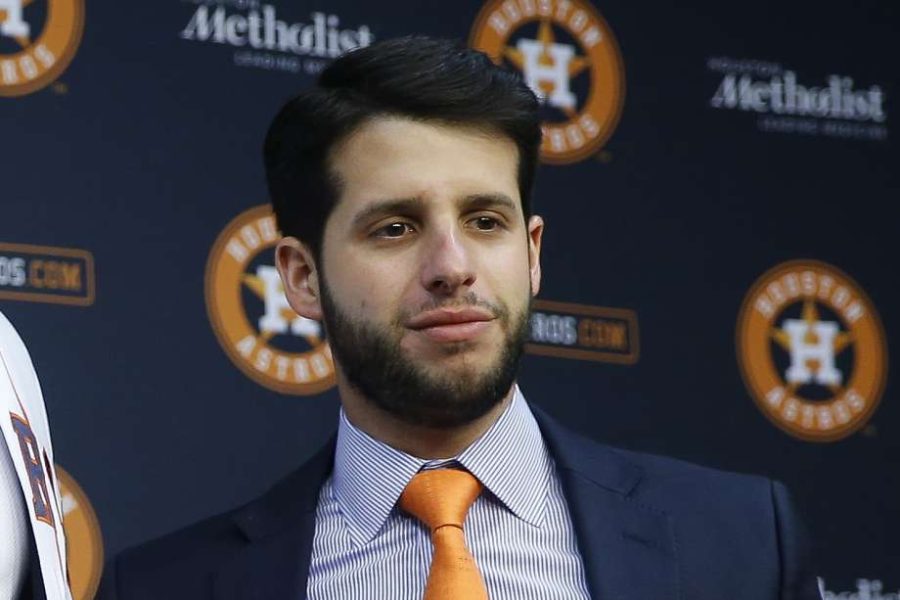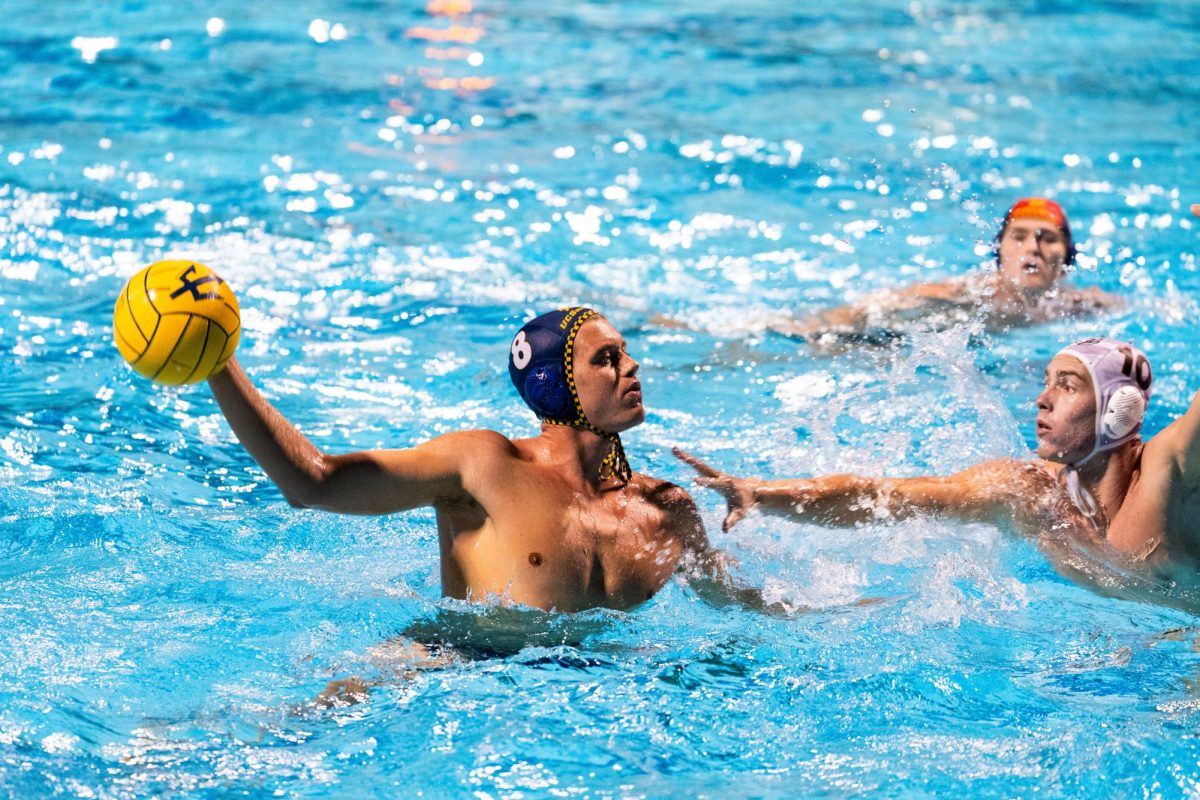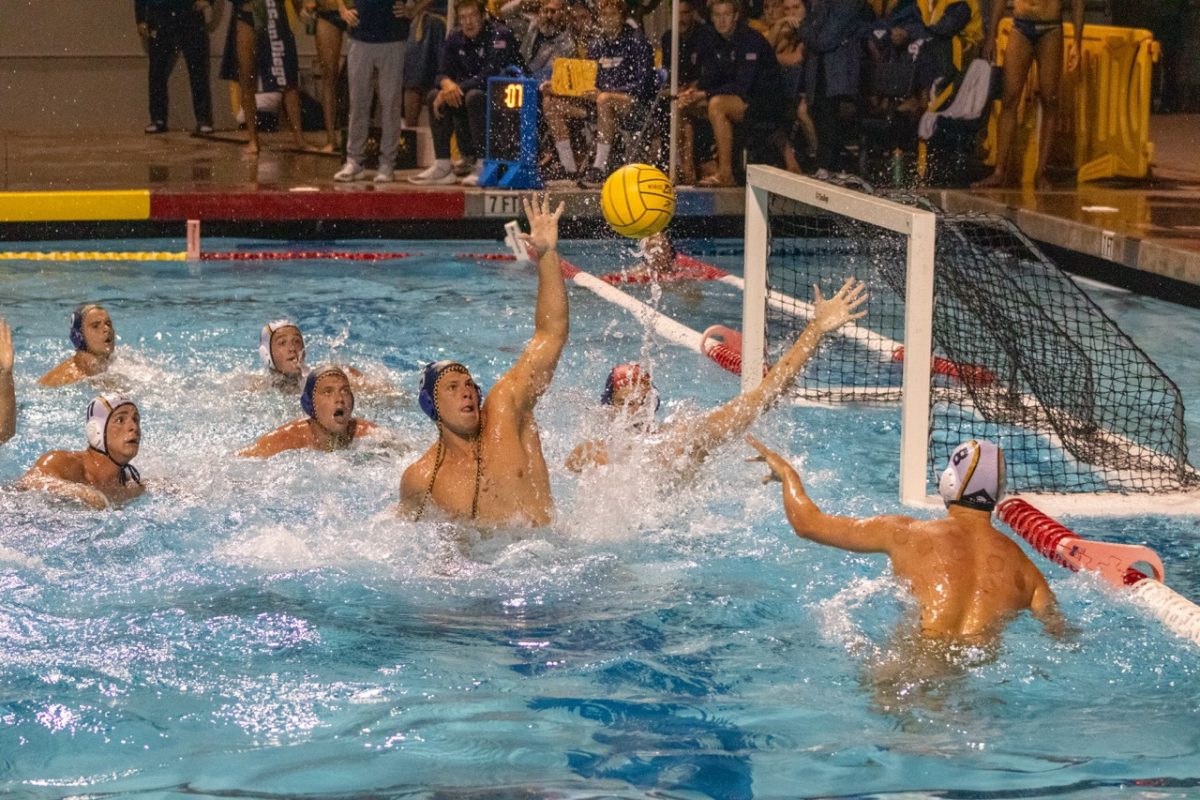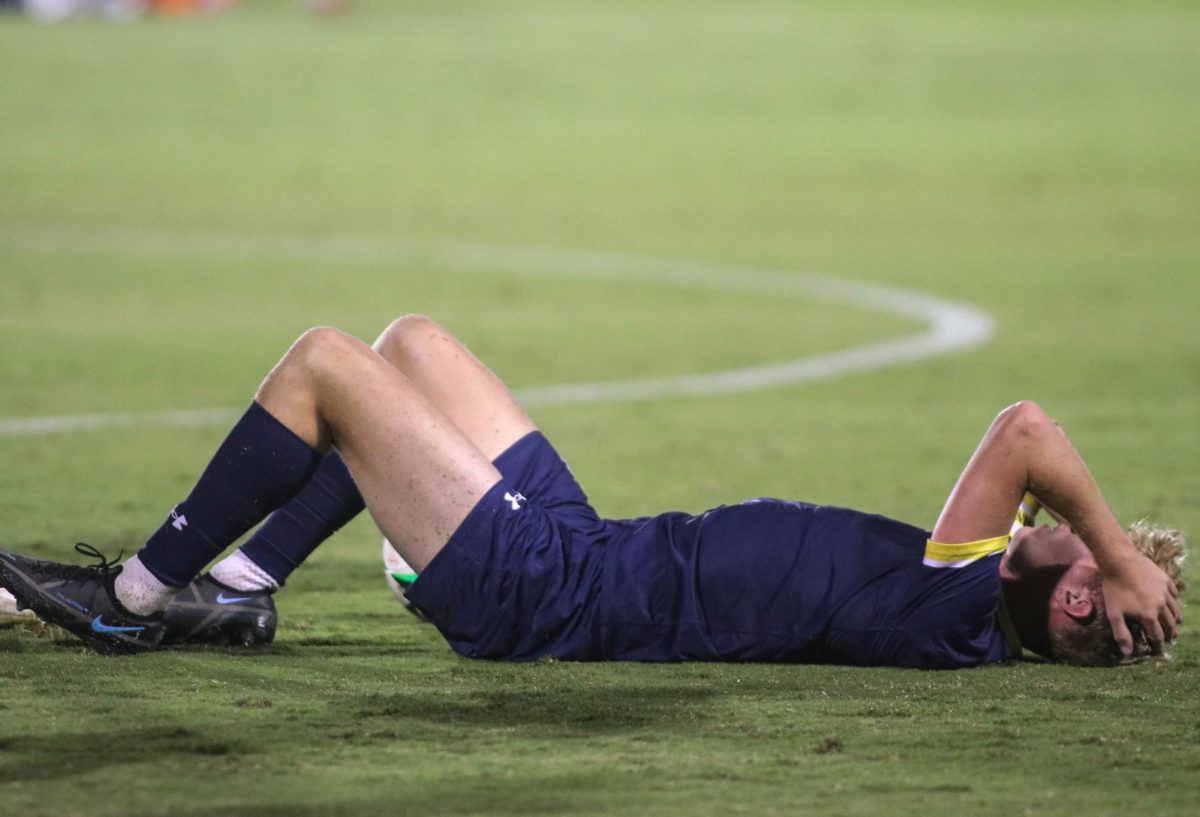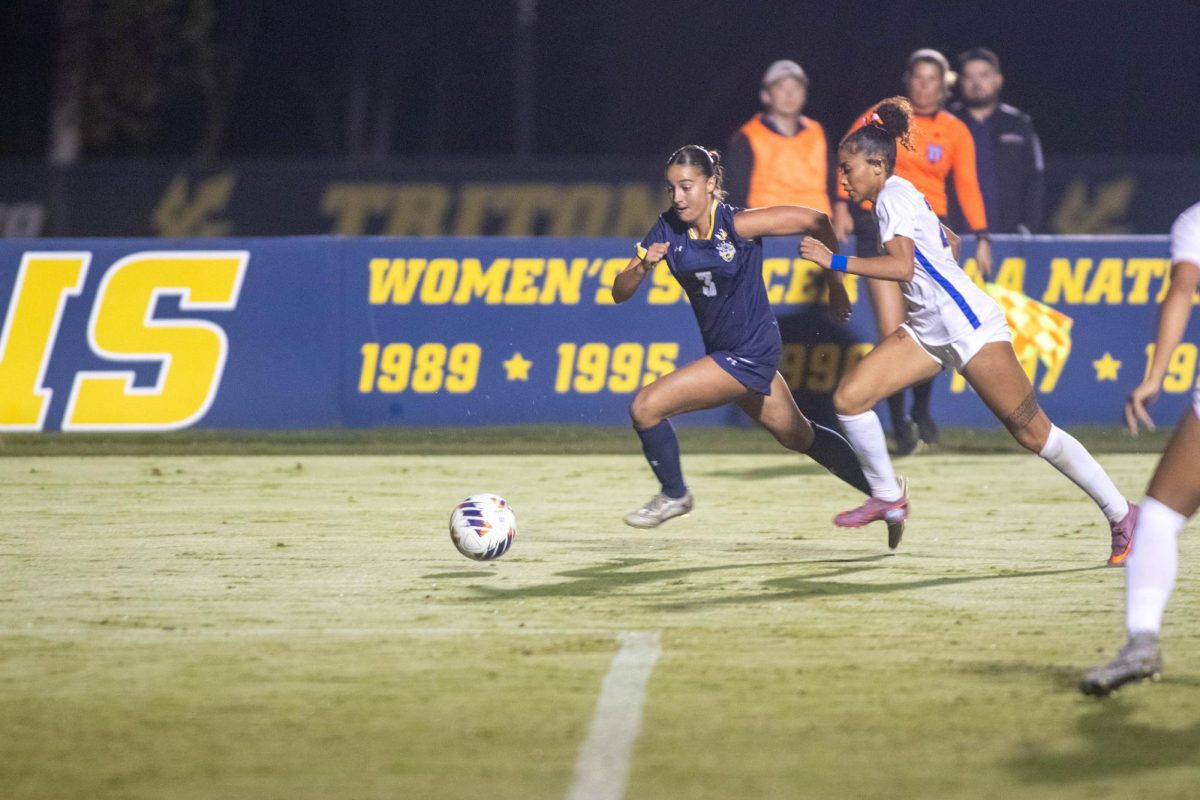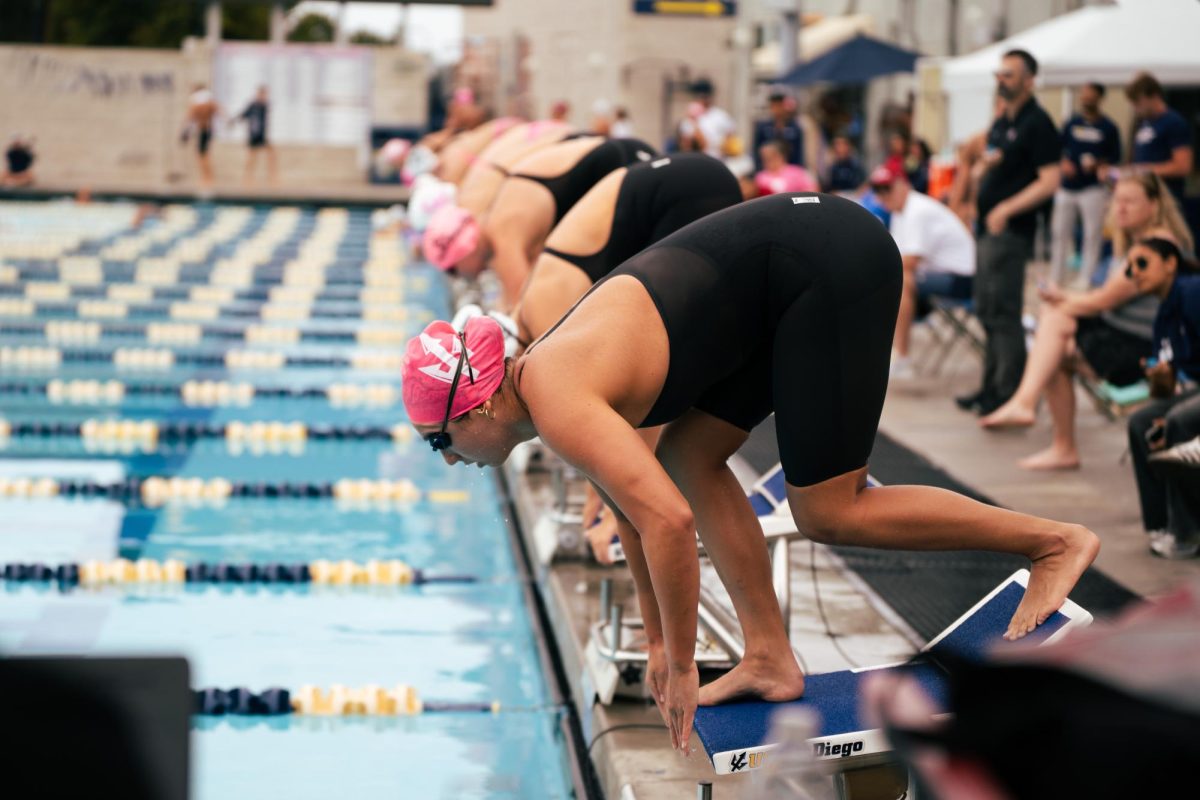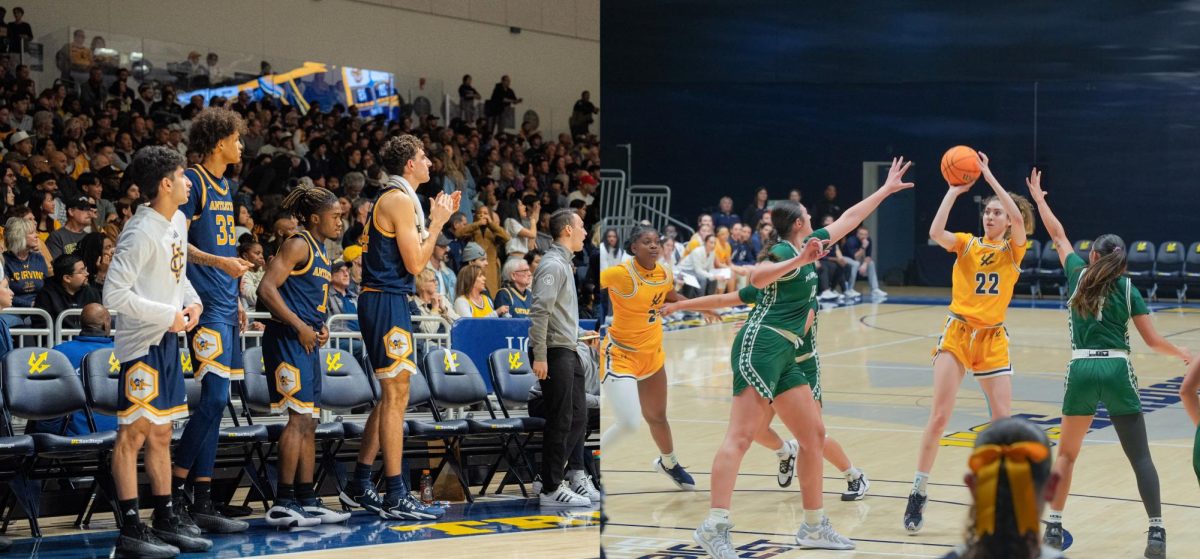Hi, I’m second-year sports editor Jack Dorfman. In this column, I’ll take a timeout from discussing specific UC San Diego coaches and student-athletes and instead tackle topics related to sports more broadly, whether at UCSD or within professional leagues.
When the Houston Astros clinched their bid to the World Series, there was a classic celebration in the Astros’ clubhouse. Champagne and beer, goggles and cameras, and management and players all blended together.
But the celebration did not last as long as it should have, at least for some. A drunken Brandon Taubman, the assistant general manager for Houston, berated a group of female reporters regarding Roberto Osuna, a pitcher who committed domestic violence a few years ago.
Taubman told the reporters about how he was glad to have acquired the closer, yelling in their direction, though he and the Astros later claimed he was not targeting them, but instead that he was defending his player. The Astros and Taubman declined to comment on a story on the incident by Sports Illustrated’s Stephanie Apstein, and hours later the Astros and Taubman said her reporting was unfounded and dangerous.
For the next few days, even as the Astros dropped the first two games of the World Series to the visiting Washington Nationals, the narrative still surrounded Taubman’s actions. But before Game Three, the Astros fired Taubman without issuing an apology for trading for Osuna or for nearly ending Apstein’s career, one of the victims of Taubman’s tirade and the initial reporter to cover the story. This made me start thinking about the case and the larger structures at play.
There are quite a few players who, over the last few years, have been accused and convicted on counts of domestic violence playing, not just in MLB, but also in the NFL and the NBA. In many of these cases, video evidence has been unavailable, but even in cases where it has been, players like Ray Rice and Kareem Hunt have still been signed by NFL teams in need of running backs.
Similar situations have played out in MLB involving Osuna and another closer in Aroldis Chapman, both of whom were traded to teams seeking a World Series title despite the cases against them.
None of these cases are morally permissible. Kids and adults alike around the world idolize athletes, and if athletes are allowed to continue to play professionally and to make millions of dollars doing so in the most competitive leagues in the world, they should be contractually, if not morally, obligated to be role models.
By acting in this manner, obviously they are very negatively affecting their spouses and girlfriends. But their actions also have the potential to indoctrinate social acceptability surrounding domestic violence within the sports world.
It seems so obvious, but if it were so cut and dry, then why have teams refused to act? Why have professional leagues and team executives not refused to add players who have committed domestic violence?
Excommunicating players from their leagues may be the correct answer, but that may first need to be bridged by rehabilitation. Professional executives need to create programs for players who have committed these actions. Players should go through these programs after they’ve been suspended or released for this conduct before they are made eligible to be resigned. That way, at least there is an intermediate step that both disincentivizes domestic violence while also emphasizing to fans and players alike that it will not be tolerated.


